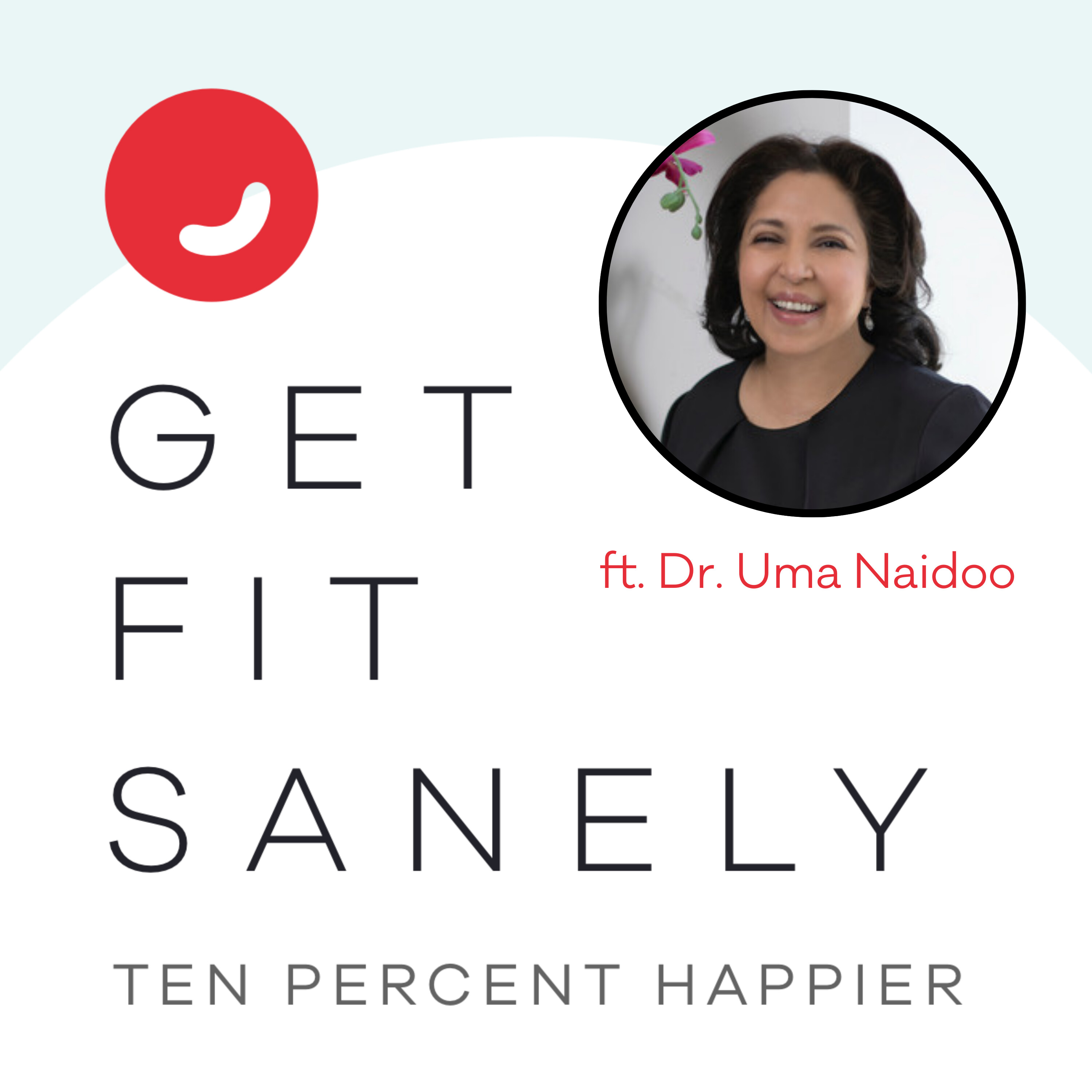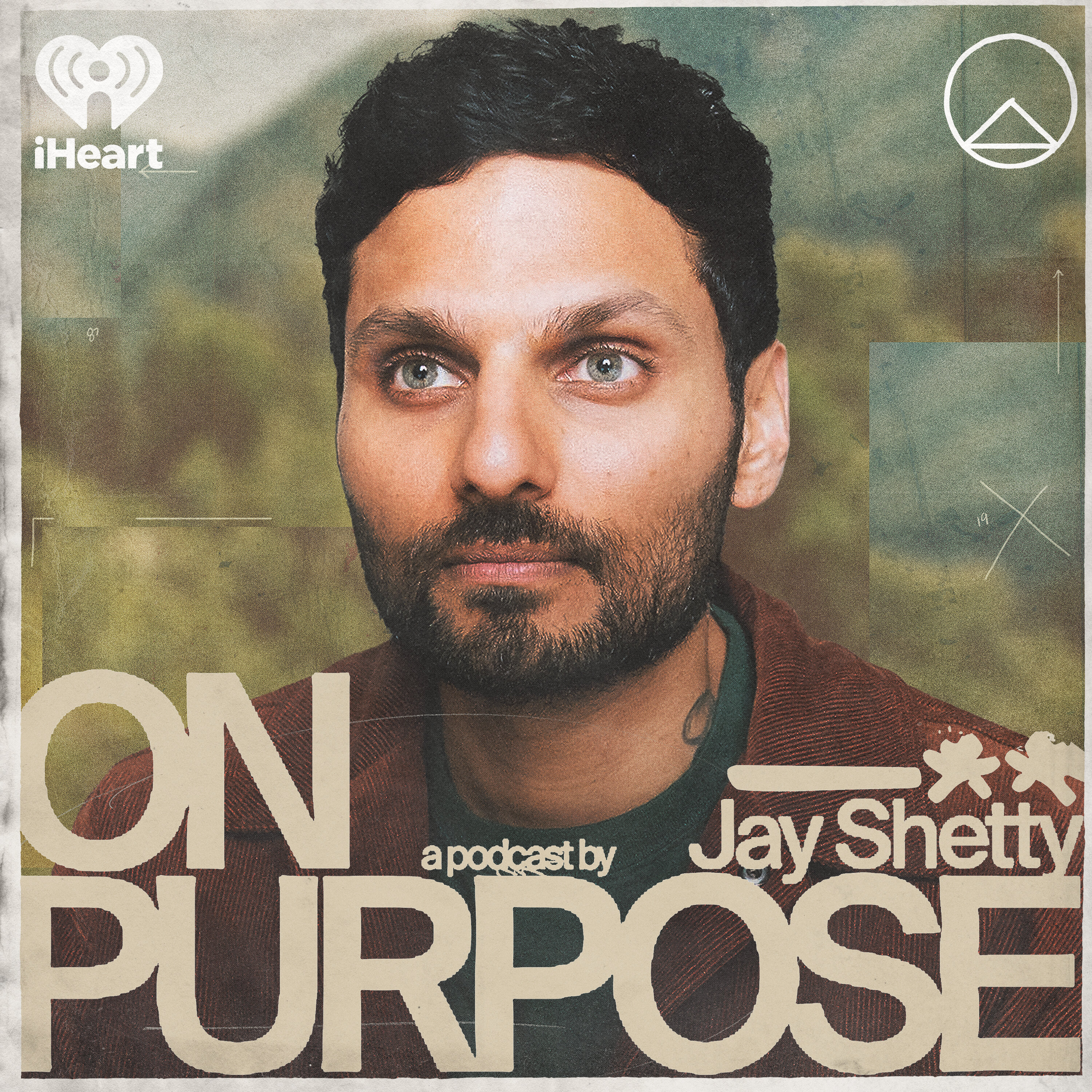Sometimes, the pace of modern life barely gives you time to stop and rest. But sleep is as essential for good health as diet and exercise. Good sleep improves your brain performance, mood, and health. In the same way, a healthy brain can help you sleep, think, and perform better.
In this episode, Dr. Patrick Porter joins me to discuss a life-altering tool that enhances brain health. Discover how this technology can improve your life.
Dr. Patrick Porter is an award-winning author, educator, consultant, entrepreneur, and speaker. He has been on the cutting edge of brainwave entrainment technology for 32 years. His team garnered the Best New Health App award at the 2019 Consumer Electronics Show.
Dr. Porter's newest brain-training platform, BrainTap, is distinctively designed to activate the brain to help people overcome stress, enjoy superb sleep, lose weight, stop smoking, manage pain, accelerate learning, and make many lifestyle improvements. He is on a mission to make a lasting, positive impact on the world—one brain at a time.
Thanks for tuning in to another informative episode of the Happy Bones, Happy Life podcast!
“They say that the mind works best like a parachute when open. So just open your mind to the possibility because there is a solution. The brain is designed to heal. The body is designed to heal. But we've got to give it the right opportunities.” - Dr. Patrick Porter
In this episode:
- [02:21] - What is BrainTap, and how does it help stress?
- [05:02] - 3 things you need to do to keep your brain healthy
- [15:04] - Why sitting down can be detrimental to your brain health
- [15:24] - How exactly does BrainTap work?
- [20:01] - Why light energy is vital for brain health
- [26:08] - 2 things people suffer from and how BrainTap can help
- [36:42] - What is the proper way of using BrainTap to get better sleep?
- [40:31] - Phenomenal results from using BrainTap
Resources mentioned
- Get more information about BrainTap and sign up for the 14-day free trial
- MORE Natural Approaches to Osteoporosis and Bone Health Summit
Connect with Dr. Patrick Porter
- Website
More about Margie
- Website
- Facebook
- Instagram
DISCLAIMER – The information presented on this podcast should not be construed as medical advice. It is not intended to replace consultation with your physician or healthcare provider. The ideas shared on this podcast are the expressed opinions of the guests and do not always reflect those of Margie Bissinger and Happy Bones, Happy Life Podcast.
*In compliance with the FTC guidelines, please assume the following about links on this site: Some of the links going to products are affiliate links of which I receive a small commission from sales of certain items, but the price is the same for you (sometimes, I even get to share a unique discount with you). If I post an affiliate link to a product, it is something that I personally use, support, and would recommend. I personally vet each and every product. My first priority is providing valuable information and resources to help you create positive changes in your health and bring more happiness into your life. I will only ever link to products or resources (affiliate or otherwise) that fit within this purpose.





